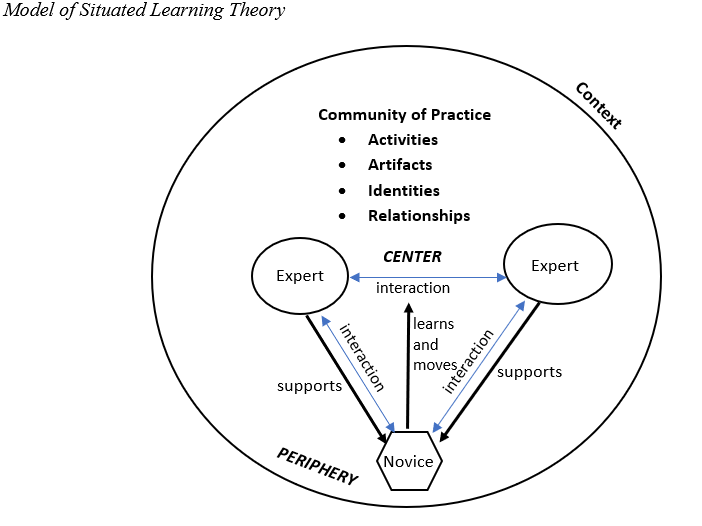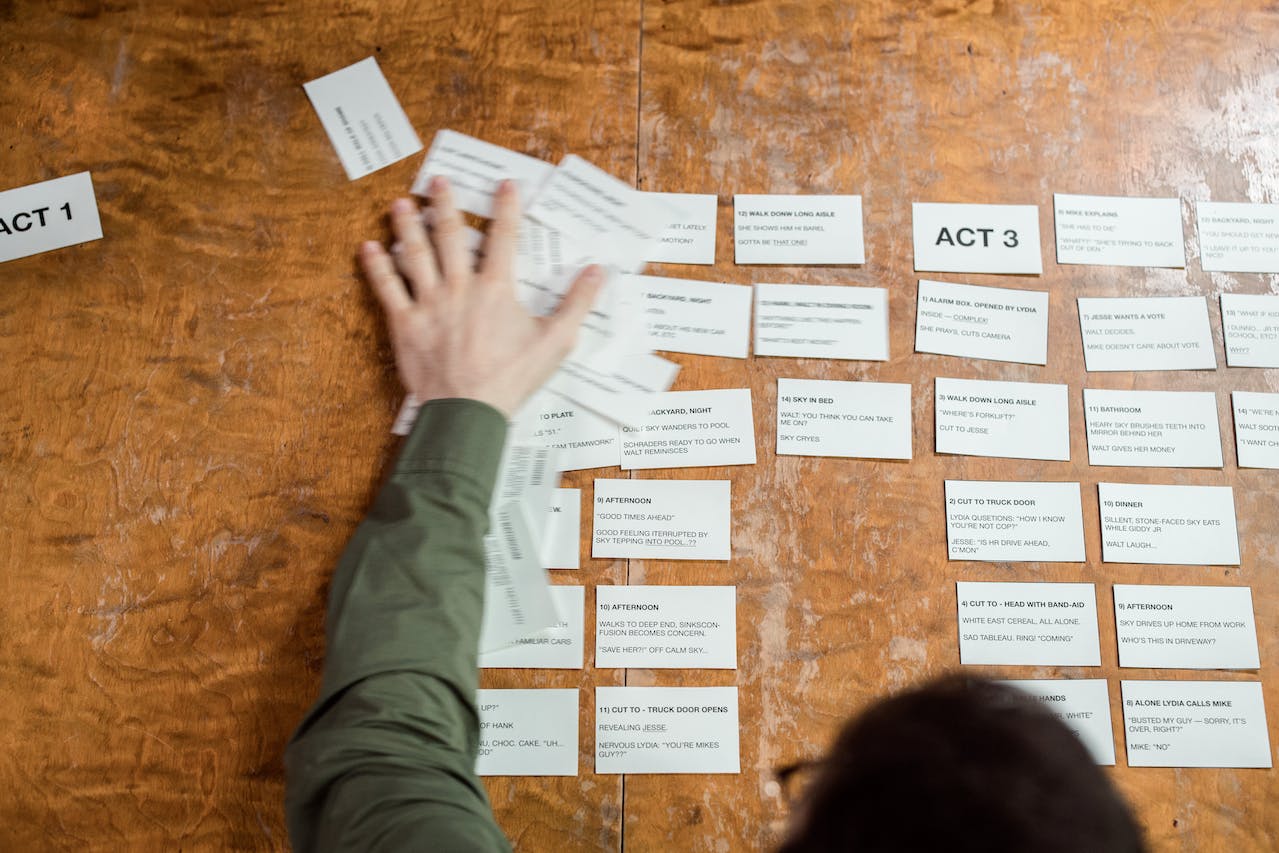Scenario-Based Learning (SBL) is a dynamic educational methodology that employs real-life situations to facilitate active learning. This innovative approach allows learners to make decisions and respond to various scenarios within a narrative, offering a unique and immersive learning experience. Rooted in the principles of situated learning theory, SBL has evolved to become a powerful tool for knowledge application and skill development.
SBL finds its roots in situated learning theory, introduced by Jean Lave and Etienne Wenger in 1991. Initially focusing on learning within a community, SBL broadens its scope by replicating real-world experiences to enhance the application of knowledge. While sharing similarities with Problem-Based Learning (PBL), SBL distinguishes itself by immersing learners in specific scenarios, emphasizing decision-making, problem-solving, and knowledge application.

Why Institutions Should Embrace Scenario-Based Learning:
- Student-Centric Approach:
SBL places learners at the center of the educational process, fostering increased engagement, improved critical thinking skills, and independence. By focusing on how students interact within scenarios, SBL promotes a more personalized and effective learning experience. - Beyond Memorization:
In contrast to traditional learning methods that emphasize memorization, SBL encourages the integration of knowledge with practical application. Students move beyond memorization to apply new concepts authentically, preparing them for real-life situations and enhancing long-term retention. - Effectiveness Over Traditional Methods:
Existing studies suggest that SBL is more effective than reflective learning, facilitating better knowledge transfer and long-term retention. Institutions, like UCL, are already leveraging SBL to engage students in real-world projects, emphasizing teamwork and communication skills alongside technical knowledge. - 21st Century Skills Development:
SBL focuses on nurturing 21st-century skills such as analytical thinking, problem-solving, communication, and teamwork. These skills are essential for career success, making SBL a valuable tool for preparing students for the challenges of the modern workforce. - A Safe Space for Failure:
SBL provides a secure environment for students to make mistakes and observe the consequences without real-world repercussions. This unique feature allows students to learn from errors without the fear of negative outcomes.
In conclusion, Scenario-Based Learning is a transformative approach that places students at the forefront of their education. By moving beyond traditional teaching methods, SBL fosters a deeper and more meaningful understanding of concepts.
Explore Scenario-Based Learning with Immersive Computing Labs
Immersive Computing Labs introduces Competencies VR and Competencies Center, an immersive soft skill and hard skill training platform that seamlessly integrates scenario-based learning into its modules. This approach combines theory and practice, promoting long-term retention and effective skills development. Institutions looking to implement this cutting-edge scenario-based soft-skills training can explore a 6-months offering solution with comprehensive support, software, and hardware for a successful pilot.

